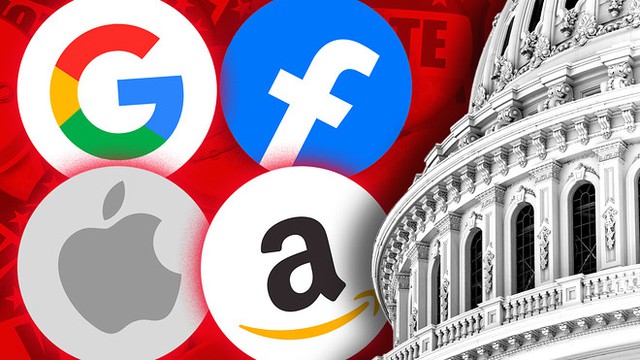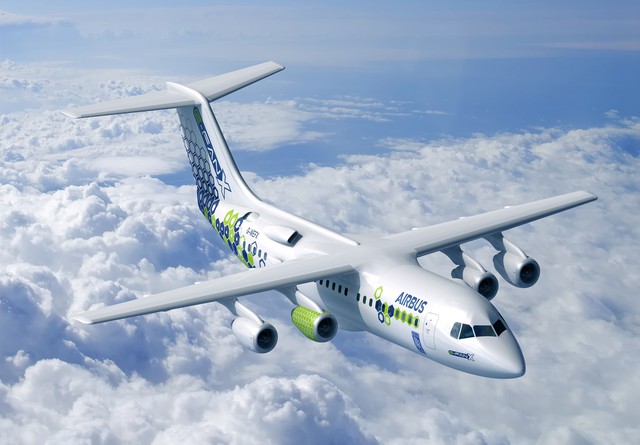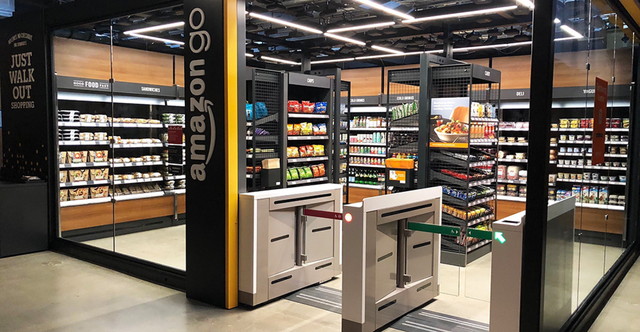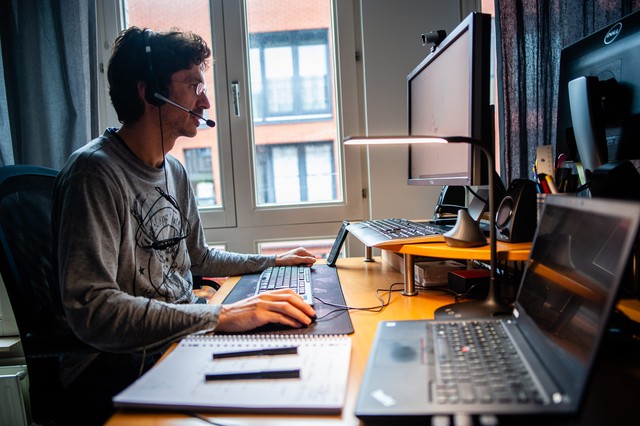Next year may not be an easy year for the world's biggest tech companies. Authorities, especially in the US and Europe, are being stricter on competition matters. However, next year will bring positive signals for many technologies and services for working from home.

In early December, federal regulators in the US and more than 45 state prosecutors sued Facebook, accusing the social media company of taking illegal actions to buy all of its competitors and inhibit competition.
In addition, the tech world will be interested in how President-elect Joe Biden's administration manages Big Tech. In the past, Mr. Biden has strongly criticized major tech companies, especially Facebook.
In an interview by the New York Times in January, he said that a major part of the law protecting social media companies, Section 230, should be revoked. Section 230 states that social media platforms are generally not responsible for things that are illegal or offensive to users posted on these platforms.
Also in the final month of the year, the European Commission unveiled the Digital Services Act and the Digital Markets Act, the bill that will radically change the way Big Tech is governed.
In the UK, the Competition and Market Authority has proposed a legally binding code of conduct and recommends that the new Digital Market Unit impose substantial penalties.
In addition, some also want to see big tech companies split up, namely Amazon, Google and Facebook. Google is under this pressure. In October, the US government filed a lawsuit alleging it violated competition laws to maintain its monopoly on internet searches and online advertising.
To defend themselves, companies say they operate in competitive industries and provide services that only very large companies can afford.
In addition to competition, US administrations may also enact data privacy laws. California has data privacy legislation, but there is already pressure to enact a national policy.
Innovation in the aviation industry
2020 is a terrible year for the aerospace industry. One of the industry's biggest customers, the airline sector, is canceling or delaying orders as airlines deal with a severe drop in air travel.
Despite those poor results, both Airbus and Boeing say they are continuing to research and develop, especially developing planes with a much smaller impact on the environment. In September, Airbus announced three hydrogen-powered designs.
Next year, Airbus will sign a key agreement with Germany, France, Spain and Italy to develop a full-sized drone, a Medium Altitude Long Endurance drone system. The product, called Eurodrone, will begin testing in 2025.
Also in 2021, notice a Rolls-Royce electric plane called Spirit of Innovation. The company hopes this sleek machine will break the world speed record for an electric plane when it flies at speeds of more than 482 km / h.
Development of the retail industry
This year has also been a disastrous year for many retailers. Online shopping trend thrives, as customers are stuck at home during a blockade.
Retailers that survive 2020 may face a new technology by 2021. It is reported that Amazon will expand the Go chain, stores that do not have a checkout counter.
For customers, these stores speed up shopping because customers can choose the products they want and leave the store. An ingenious combination of cameras and artificial intelligence allows it to track what they've taken and bill as they leave.
More than 20 stores are operating in the US, and the company is expected to start opening Go stores in the UK in 2021, though the online giant has yet to announce the plan.
In addition to saving money on the space required for checkout counters and their staff, Go style shopping also minimizes contact with surfaces, which could be a draw in the post-COVID-19 world. .
According to Max Hammond, senior director and analyst at Gartner, UK grocery chains will track how customers react to the technology and see if they should adopt it themselves.
Technology for working from home
It seems that working from home will continue even in the post-COVID-19 world. According to a survey conducted for CCS Insights, 60% of business leaders in Western Europe and North America expect at least 25% of their workforce and, in some cases, all employees. they spend part of their time working from home even after the pandemic is over.
Many large companies have employees work at home. In October, Dropbox said all of its employees can work from home, and Twitter has a similar policy. Microsoft and Facebook also say a significant number of their employees can work from home permanently.
It's an attractive new market for tech companies to exploit. You can expect a variety of exceptional home work service packages provided by Internet service providers and other technology companies.
“Security is definitely part of our predictions when it comes to working from home and that could be a bundle of services,” said Marina Koytcheva, vice president of forecasting at CCS Insights. Not just an additional network line, but maybe a separate router, maybe a secure router, maybe some other add-on services, maybe even services like IT support. because a small company may not have remote IT support people. "
Also, pay attention to the extras when it comes to software to help people collaborate while working from home. Services like Miro's digital whiteboard and Mural have become extremely popular. For example, Mural added over a million active users this year. Its technology gives employees a visualization of a project that people can contribute to.
Self-propelled car
On the streets of Phoenix, Arizona, more than 300 cars are self-operating, pick up and drop off passengers without an operator. This is part of the Waymo One service, the world's first self-driving service that opened to the public in October.
With the backing of Google's parent company Alphabet, Waymo is leading the way in self-driving cars in the US, and by 2021 the company plans to expand services in Phoenix and beyond.
However, the opponents were not too far behind. Cruise, owned by General Motors, is testing his service in San Francisco, a city where the weather and street design are tougher than sunny Phoenix.
In October, Cruise was allowed to test his self-propelled cars. Their plan is to launch an autonomous service like Waymo's, but the company hasn't determined a specific launch date.
Lyft is also testing its self-propelled cars in San Francisco. However, the company's technology seems to be left behind by Waymo and Cruise.
Meanwhile, in December, Uber abandoned its efforts to develop its own self-driving car. The company sold its autonomous vehicle division to Aurora Technologies, which is backed by Amazon, and focuses solely on taxi service and food delivery.
In China, AutoX is pioneering. Earlier this month, their 25-vehicle fleet in Shenzhen began testing without the need for a safety driver or remote control.






